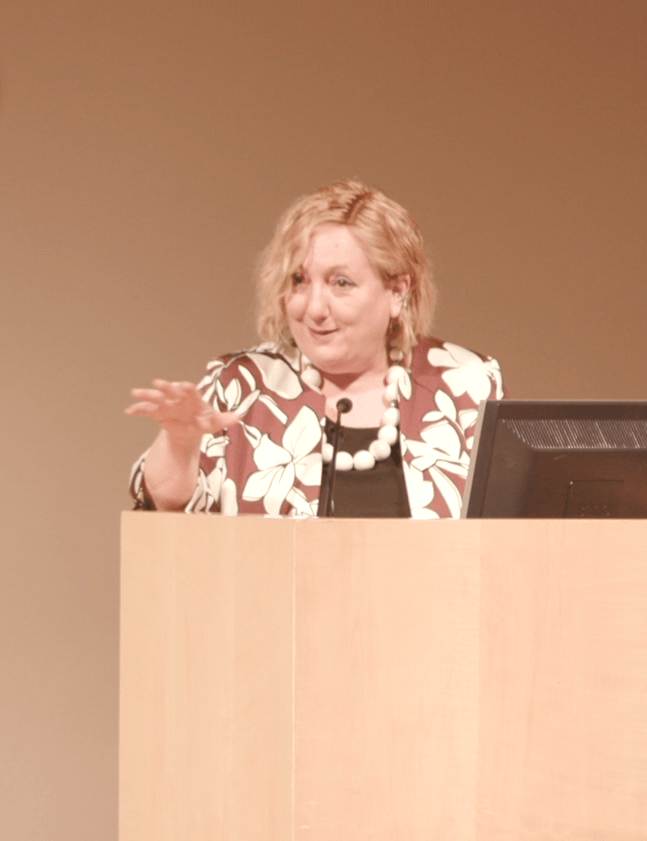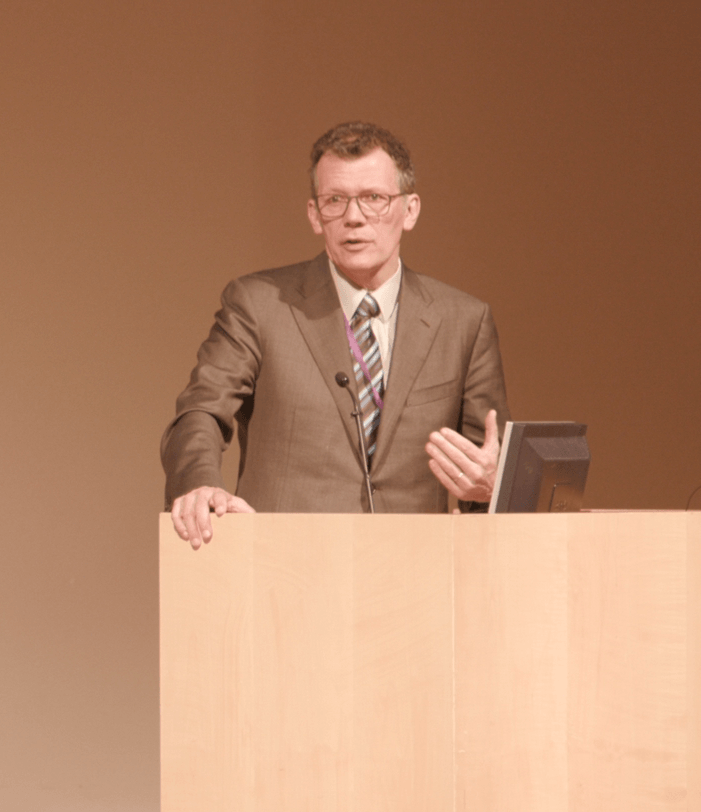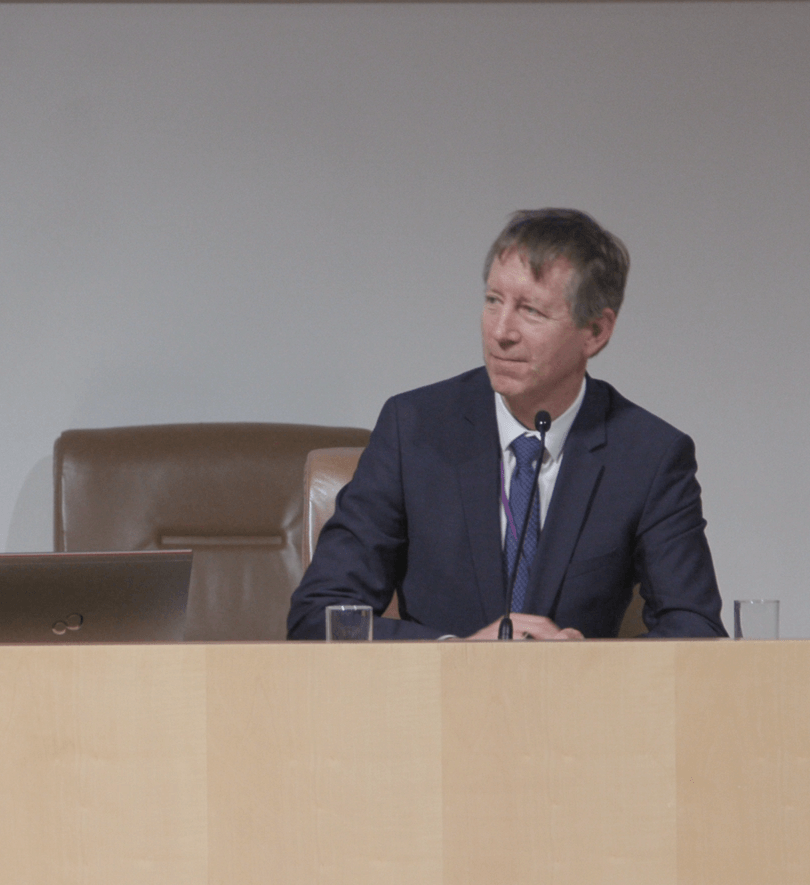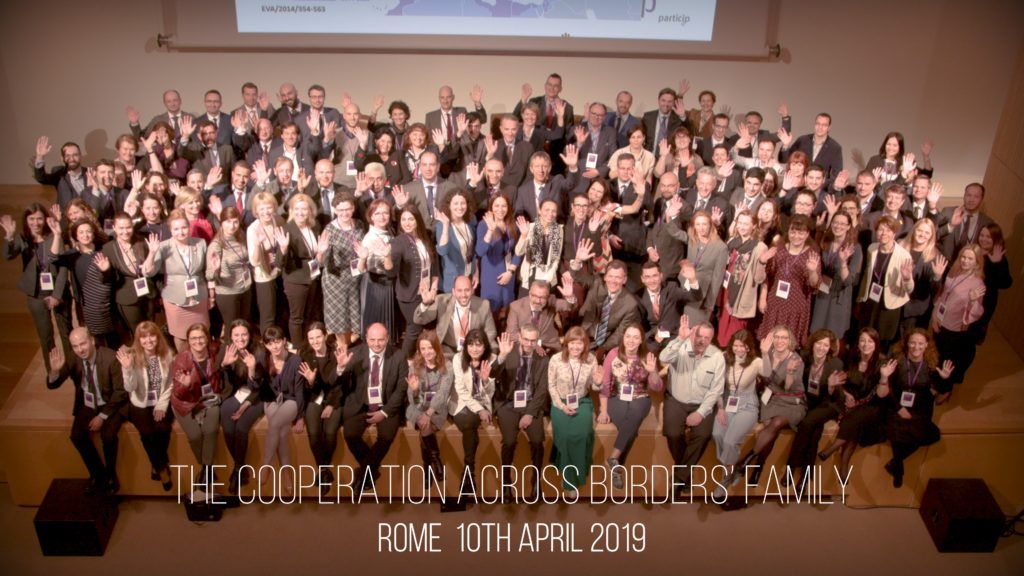Cooperation across borders straight into a third cycle: well done!
In Rome, 120 delegates of 31 countries, together with representatives from the European institutions, took stock of the progress made and started the consultation process for the next generation of neighbourhood cross-border cooperation programmes. The full commitment of all stakeholders boosts achievements and delivers hope for the future.
The cooperation across the external borders of the EU is demonstrating its full potential; after a gradual start, a large majority of neighbourhood cross-border cooperation (CBC) programmes is now running in full speed, and the time is ripe to think about a third cycle of programming, preserving the specificity of this instrument which conjugates cooperation and cohesion for the benefit of all cross-border communities in both EU Member States and Partner Countries.
 These are among the key messages resulting from the ENI Cross-Border Cooperation (ENI CBC) annual conference held in Rome on 10 April 2019. “I strongly believe – said the Italian Vice-Minister of External Affairs Emanuela Del Re in her opening address – that cross-border cooperation embodies, more than any other EU development tool, a cooperation among peers aiming at establishing an area of prosperity”. The large CBC family conveyed at the Ara Pacis: the delegates from 31 countries and the representatives of the 15 ENI CBC programmes joined the European Commission and the European External Action Service’ envoys.
These are among the key messages resulting from the ENI Cross-Border Cooperation (ENI CBC) annual conference held in Rome on 10 April 2019. “I strongly believe – said the Italian Vice-Minister of External Affairs Emanuela Del Re in her opening address – that cross-border cooperation embodies, more than any other EU development tool, a cooperation among peers aiming at establishing an area of prosperity”. The large CBC family conveyed at the Ara Pacis: the delegates from 31 countries and the representatives of the 15 ENI CBC programmes joined the European Commission and the European External Action Service’ envoys.
The conference highlighted how much has been accomplished in just over one year, since the community last met in Tallinn in November 2017: today, 90% of calls for proposal have been launched, 3.300 applications received, with an equal participation rate of Partner Countries and Member States. Among the 400 funded projects, the share of leading institutions from Partner Countries is on the rise, sometimes equalling Member States within the same programme. Projects now start to be up and running.
As stressed by the results-oriented monitoring exercise performed by the EC, neighbourhood cross-border cooperation proves to be an exemplary tool to promote people-to-people cooperation and sustainable development for the benefit of all communities. The neighbourhood CBC framework works well even if there is scope for improvement on specific fields. The first achievements in the main thematic areas can be already highlighted, such as targeted innovation programmes for young entrepreneurs in business development or small investment measures against spring floods or illegal dumping when it comes to environment. In terms of cultural heritage, new tourist e-products, e-services and routes are on the agenda, and increased transmission capacity of optical-fibre connections will help the cross-border transport and communication infrastructures. As for recommendations, programmes were invited to speed up the contracting process, and to provide further assistance to projects so that they can optimise their outreach and outcomes capacity.
But the event in Rome proved to be much more than taking stock of the progress made. It was a moment to reflect on the importance of communication as a tool to highlight results, bringing closer the impact of projects to the citizens of border areas, and convincing target groups of the importance of the CBC instrument as a unique cooperation actor. The ENI CBC programmes were encouraged to intensify their communication efforts and to progressively integrate into existing DG REGIO outreach actions.
 The second part of the conference was focused on the post-2020 strategic programming: and as new challenges lay ahead, there are also opportunities to be taken as the ENI CBC programmes are about to join the Interreg family. The introduction of specific policy objectives for future Interreg external programmes and the overview of the specific rules for their implementation raised several questions from the participants. Both Members States and Partner Countries expressed their full commitment in preserving this invaluable instrument and their willingness to keep working in co-ownership. In this sense, all participating countries will be targeted by the consultation process launched by the European Commission. Two new high-level
The second part of the conference was focused on the post-2020 strategic programming: and as new challenges lay ahead, there are also opportunities to be taken as the ENI CBC programmes are about to join the Interreg family. The introduction of specific policy objectives for future Interreg external programmes and the overview of the specific rules for their implementation raised several questions from the participants. Both Members States and Partner Countries expressed their full commitment in preserving this invaluable instrument and their willingness to keep working in co-ownership. In this sense, all participating countries will be targeted by the consultation process launched by the European Commission. Two new high-level  meetings have been announced for 2019 (May and September) to further exchange on the future. “We might be using different instruments [in the future] – said Mathieu Bousquet, Head of Unit in DG NEAR – but the policy of building a partnership with our Neighbours will remain the same. The commitment is always there, from day one”. “In a few years – continued Jean Pierre Halkin, Head of Unit in DG REGIO – the programmes will be able to deliver tangible results that will promote economic growth, will address cross-border environmental challenges and they will boost the trust between European and non European citizens alike”.
meetings have been announced for 2019 (May and September) to further exchange on the future. “We might be using different instruments [in the future] – said Mathieu Bousquet, Head of Unit in DG NEAR – but the policy of building a partnership with our Neighbours will remain the same. The commitment is always there, from day one”. “In a few years – continued Jean Pierre Halkin, Head of Unit in DG REGIO – the programmes will be able to deliver tangible results that will promote economic growth, will address cross-border environmental challenges and they will boost the trust between European and non European citizens alike”.
The conference was a moment of reflection on neighbourhood CBC programmes’ achievements and it facilitated exchanges among all stakeholders: it was a success, but the celebration was quick and not self-indulgent. It’s time to start working on the third cooperation cycle.
